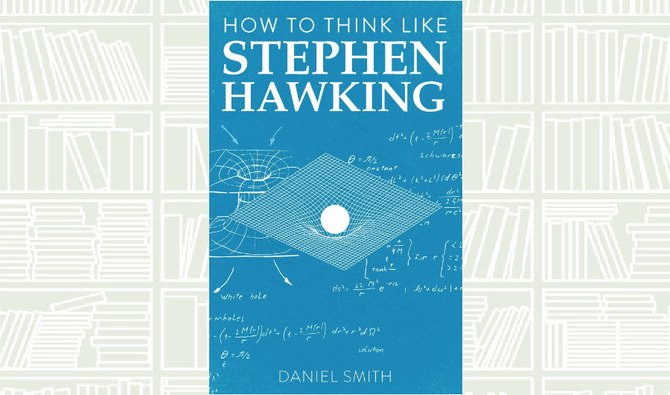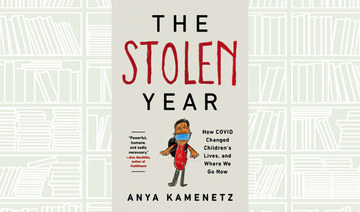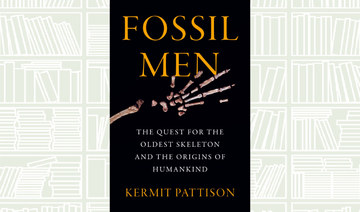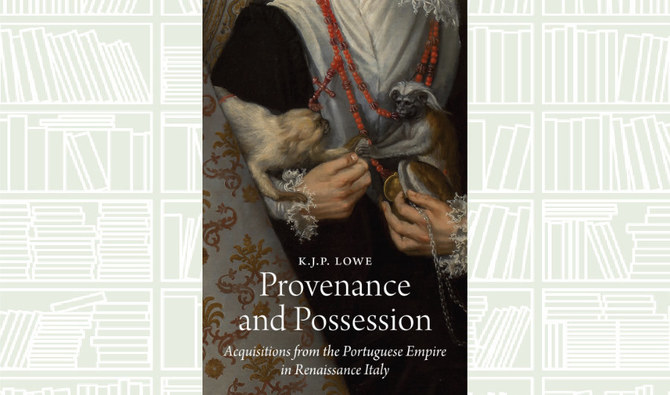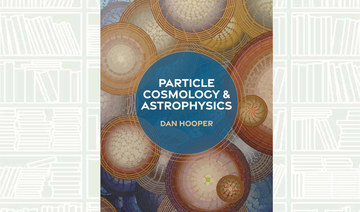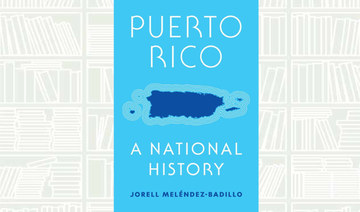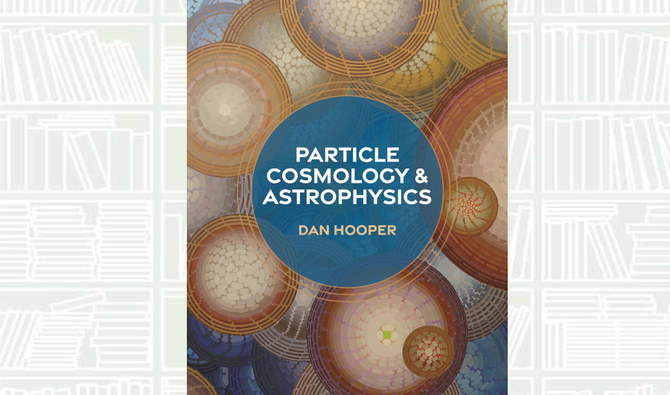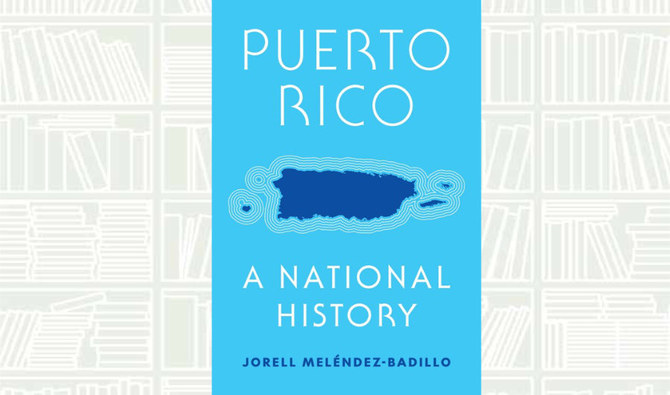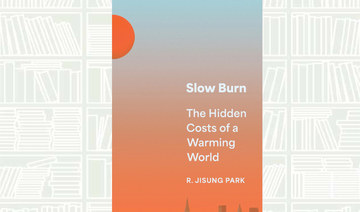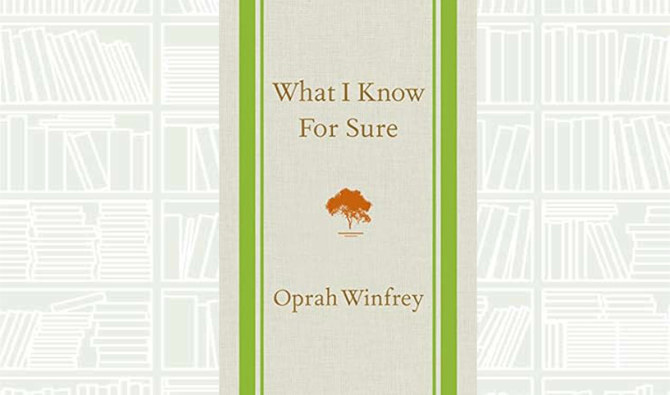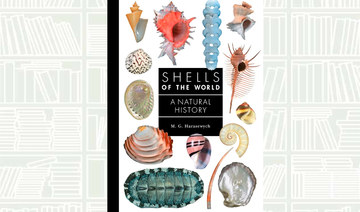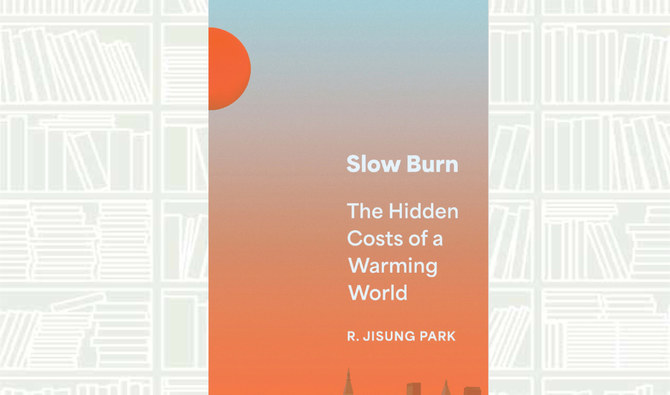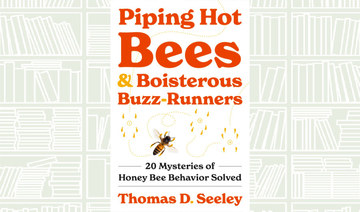British theoretical physicist Stephen Hawking’s theories on black holes and the origins of the universe earned him a reputation as one of the world’s most original thinkers.
Hawking lived with motor neuron disease, also known as Lou Gehrig’s disease, a neurodegenerative disorder that eventually took his life in 2018.
Despite being confined to a wheelchair, Hawking led an active life, contributing to cosmological scientific breakthroughs and setting up the Center for Theoretical Cosmology at the University of Cambridge in 2007.
In this book, British author Daniel Smith looks beyond Hawking’s fame, examining the trials and tribulations the physicist had to endure.
The book begins with a brief timeline of Hawking’s personal and academic career.
Smith begins each chapter with a quote from the scientist, exploring topics such as perseverance, ambition and passion.
In one chapter, titled “Tackle the Big Questions,” Smith shows how seemingly insignificant queries can lead to greater ones.
Other chapters, such as “Natural Talent Helps” and “But It’s Nothing Without Hard Work and Perseverance,” examine Hawking’s thoughts on inquisitiveness and curiosity, which he regarded as essential for mental and personal growth.
Smith went into publishing after graduating in history and English from Cardiff University.
His best-selling “How to Think Like” series has been translated into over 20 languages, and features prominent figures and characters such as Sherlock Holmes, Freud, Churchill, Einstein and Steve Jobs.



